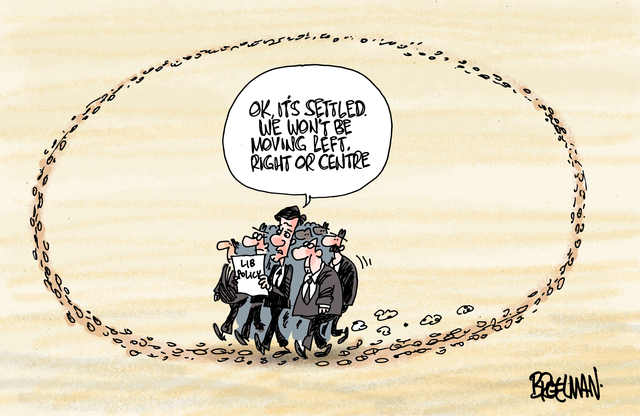With the ongoing transition from the information age to the digital age, more Australian business owners are opting to invest further into their cybersecurity measures. This is not only to protect their company data, but also to safeguard the sensitive personal and financial data of their customers and clients.
Today, there’s no denying that there’s a huge number of data threats out there, including malware, phishing scams and social engineering attacks on you or your employees. There are also threats that occur due to human or technical errors.
Luckily, there are ways to defend yourself against these threats and identify business risks. One way to make sure your business is up to standards is to attain an ISO 27001 certification, which is an internationally-recognised information security framework. It is useful no matter the size of your business, and is especially important if digital information is a significant part of your business. Other measures include investing in cybersecurity training for your staff, and developing data management policies and risk mitigation protocols that also work to protect your company data and maintain your organisation’s trustworthiness or reputability in the digital age.
If you’re looking for ways to shore up your company’s data security, look no further! In this article, we’ll go through some practical ways to do just that, in order to protect your business from the various cyberthreats out there.
Take Steps to Keep Sensitive Information In-House
Even as a small business, consider providing your employees with company-issued computers and/or mobile phones. If they work remotely, let them take these home. While this adds to your costs, providing devices for your employees allows you to monitor what they do on them and stop them from endangering your company, either accidentally or intentionally. You should also encrypt all your company devices to stop malicious actors from accessing them.
This might seem obvious, but your information systems need to be password protected, and passwords should be shared on a need-to-know basis. This will probably involve using multiple passwords to make different categories of information accessible to separate members of the company. Use strong passwords that contain both letters, numbers and special characters.
Of course, alongside providing company-issued devices and attached digital security infrastructure like VPNs and password managers, it’s also recommended that business owners invest in staff training to make sure that their workforce know just how to do their part. Thankfully, there are a growing number of cybersecurity staff training and consultancy services available now, on top of industry and internationally recognised digital security standards that your staff can engage with. A good place to start is with the Council of Small Business Organisations of Australia’s Cyber Wardens programme. This programme is designed to be a great introductory experience for engaging with the importance of cybersecurity in the workplace.
Create Clear and Comprehensive Data Policies
You’ll want to have a data policy both for your employees and your customers. For the former, you’ll need to clearly lay out who is responsible for what, what your employees are allowed to do with your data and best practices for data security. This all needs to be clearly laid out in a document, but you’ll also want to spend some time making sure everyone understands your policy.
If your product is online, you’ll also need to get potential users to agree to a data policy. This will govern things like data collection, data retention, legal ownership of data, and more. While many people might click ‘agree’ without reading through it, a data policy gives you a way to stop yourself from getting sued and to enforce penalties for potential violations from your customers.
Make Backups for Everything
This one is huge. Make sure to create backups for anything that is in any way important, because no matter how secure your cybersecurity is, data loss is always a possibility. If you’re a business owner, you’ll know how terrifying this is. Creating backups makes it harder for you to totally lose data and creates guardrails against all sorts of cyber threats.
There are various ways to backup your data, and you should ideally use a combination of a few. One convenient method is to store your information on the cloud using a provider like CrashPlan or Livedrive. This is especially useful if you have employees working off-site. We’d also recommend having the most important data backed up in physical, on-site devices.
Attain Your ISO 27001 Certification
When it comes to taking steps to protect your data, there are so many things to take into consideration that it’s likely you’ll miss a couple if you don’t have a guideline to work with. Enter ISO 27001 certification, which is a set of guidelines created by cybersecurity experts to help businesses stay safe in the online world. Your company can only be certified by following these guidelines to a certain standard.
Besides signifying that your business is well-protected from cyber threats, an ISO 27001 certification has other important benefits. Near the top of the list is the fact that it instills confidence in customers and partners, particularly if your business is largely online. It also makes it easier to receive other cybersecurity certifications.
~
While the online world can be a scary place for small businesses, there are steps you can take to alleviate the data security risks you’ll be facing. These include preventing sensitive information from getting out, crafting data policies, and ensuring that your company adheres to industry and perhaps even international data management standards.
It’s important to be aware of the risks you face in the digital world, and also of the options you have to combat these cybersecurity risks as a small business. In this article, we went through four major ways to do just that. Take this as a starting point to beef up your data security measures and guard your business against future risks.

















